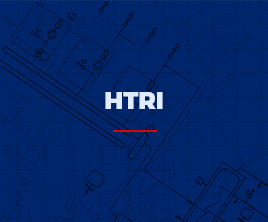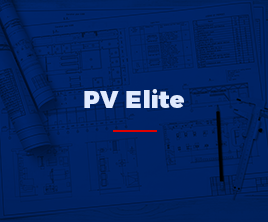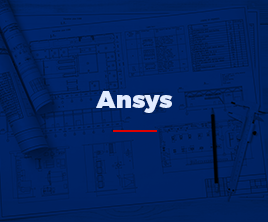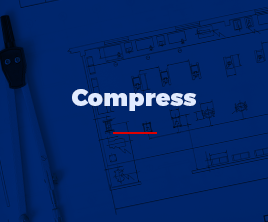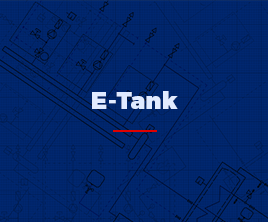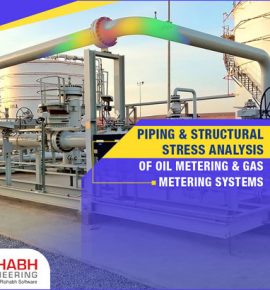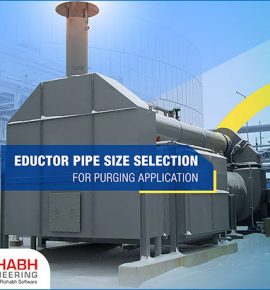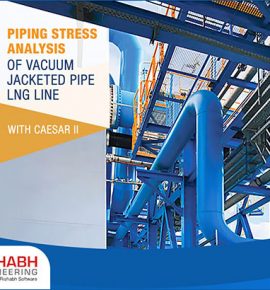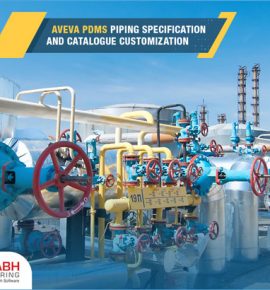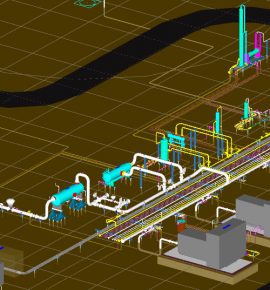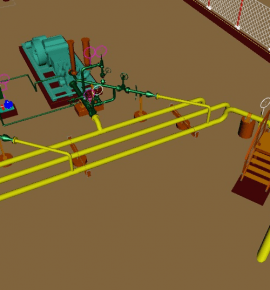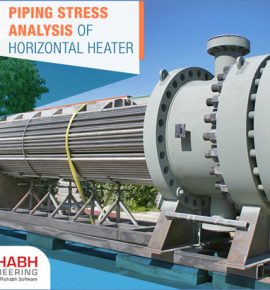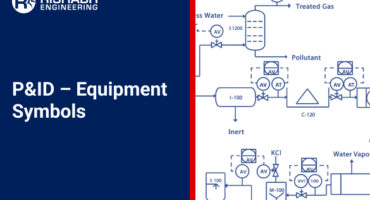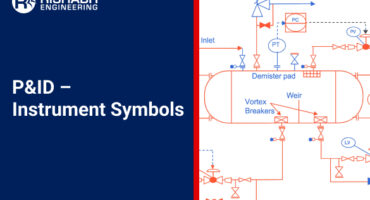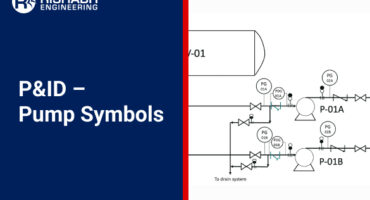Equipment Engineering
Rishabh Engineering’s static equipment engineering services comprises of the design and analysis of pressure vessels, storage tanks, heat exchangers, and boilers. Our proficient team of qualified engineers has the experience across industrial equipment and engineering companies of managing a wide range of projects for customers from petroleum refineries, chemical plants, petrochemical plants, pharmaceutical plants, food processing plants, wastewater plants, reactors, condenser, evaporators, and more.
We are the preferred choice for organizations from around the world for equipment design with high-quality performance, quick response time, and acute knowledge of international codes and standards like ASME Section VIII, API & TEMA for industrial equipment engineering services.
Software / Tools/ Technology
Industries Served

Oil & Gas

Petrochemical & Refinery

Energy & Utility

Specialty Chemical

Manufacturing

Water & Waste Water Treatment
Industry Codes and Standards adhered to by our Designers
API 650, API 579, API 620, API 653, ASME Boiler & Pressure Vessel Code, Section VIII, Div. – 1 & Div. – 2, PD 5500, TEMA

20,000
Man-Hours of Project Executed

15 Years
Of Team Experience

ISO 9001 & 27001
Certification
Service Offerings
Rishabh Engineering specializes in the design, analysis, re-rating and fitness-for-service evaluations for industrial equipment design.
- Storage tank design as per codes API 650, API 620, and API 653
- Floating roof tank design
- Fixed roof tank design
- Design validation
- Design of tank structure
- Mechanical equipment selection
- Relief valve sizing, calculation, and selection
- Configuration and analysis of pressure vessels (columns, horizontal & vertical pressure vessels, spherical vessels, reactors, etc.) according to the ASME Boiler & Pressure Vessel Code, Section VIII, Div. – 1 & Div. – 2
- Calculation of minimum retirement thickness values for existing pressure vessels and their components so as to maximize safety and increase durability
- Predictions to check the suitability of vessels for in-situ PWHT (post-weld heat treatment)
- Fatigue analysis to estimate and analyze the life of pressure vessels subjected to pressure, temperature, and startup/shutdown cycles
- Failure analysis to identify the cause of failure of failed pressure vessels and their components
- Design of heat exchangers according to the TEMA and ASME Boiler & Pressure Vessel Code, Section VIII, Div. – 1
- Calculation of minimum retirement thickness values for existing heat exchangers and their components so as to maximize safety parameters and increase durability
- Tube-sheet thickness calculations for different types of heat exchangers
- Calculations for other heat exchanger components such as channel covers, floating heads, etc.
- Calculations for fixed tube-sheet heat exchangers
- It is possible, with or without flanged and fluid expansion joints, to conduct a re-rating and fitness-for-service evaluation
Ready to Get Started?
What to expect when you work with us
With our expertise in modern tools & technologies, we help global EPC organizations with the implement the latest applications in their existing infrastructures without facing problems.
We have successfully delivered each of our equipment engineering projects on time with maintained quality, service, and skillfulness.
Our customer service is available round the clock to solve your queries. So, don’t hesitate to reach out to us anytime.
From petroleum refineries to pharmaceutical companies, and from chemical industries to food processing plants, we offer static equipment engineering services across a wide range of projects.
CUSTOMERS FEEDBACK
Our Recent Projects
Connect with us for all your engineering design needs
US Toll-Free Phone
+1-877-747-4224
India Phone
+91 8511122697
Drop Us An Email
sales@rishabheng.com
Our Offices
USA, UK & India (Head office)
